Why Trump Hosted General Munir at Lunch?
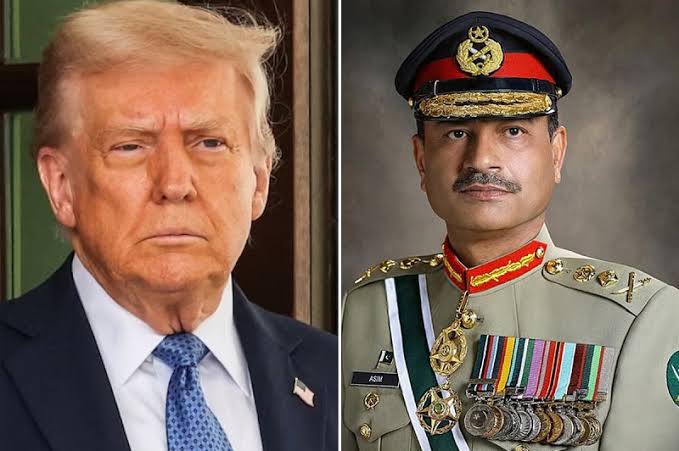
US President Donald Trump hosted Pakistan's army chief, Field Marshal Asim Munir, for a special luncheon at the White House on Wednesday, June 18, 2025. This rare, unescorted meeting of a US President with a foreign army chief indicates a significant diplomatic shift, driven by current geopolitical exigencies and the personal dynamics of the leaders involved.
The immediate impetus for the meeting, as revealed by White House Deputy Press Secretary Anna Kelly, was Munir's proposition to nominate President Trump for the Nobel Peace Prize. This nomination stems from Trump's repeated claims of having averted a nuclear conflict between India and Pakistan in May 2025, a claim consistently refuted by India and Prime Minister Narendra Modi.
Nobel Peace Prize or Iran-Israel War
Beyond the Nobel Peace Prize narrative, a critical factor underpinning the meeting is the intensifying military strikes by Israel on Iran and the potential for direct US involvement. Pakistan's strategic location, sharing a nearly 1,000-kilometre border with Iran, makes it a potential logistical hub for any prolonged US military operations against Tehran, including providing crucial land access.
Indeed, the US has visibly augmented its military presence in the region, with the USS Carl Vinson and USS Harry S Truman aircraft carriers stationed in the Arabian Sea, and a fleet of B-2 Stealth bombers reportedly lined up at the US' Indian Ocean air force base in Diego Garcia, all poised for potential action. This robust display of force underscores the urgency of the US's deliberations regarding Iran.
During the meeting, Trump acknowledged Pakistan's intimate knowledge of Iran, stating, "They [Pakistan] know Iran very well, better than most." While specific details of their discussion remained undisclosed due to its closed-door nature, the White House confirmed that Iran was a key topic, alongside counter-terrorism efforts and potential trade partnerships.
Trump as “Peace-Maker
The meeting also saw both leaders engaging in a degree of self-promotion. Trump positioned himself as a global "peace-maker" and "deal-broker," while Munir, recently elevated to the highest army rank by Pakistan's Prime Minister Shehbaz Sharif, continued his high-profile engagements with various Heads of States, traditionally a role reserved for civilian leadership.
This diplomatic engagement echoes historical precedents where Pakistani military dictators like Zia-ul-Haq and Pervez Musharraf met US Presidents, facilitating US strategic interests in Afghanistan during the Soviet invasion and the "war against terror," respectively. This time, the focus has shifted to Iran, another of Pakistan's neighbours.
China is Watching
The meeting's timing and nature are closely observed by regional powers, especially China, which maintains an "unshakable" and "all-weather" friendship with Pakistan and considers Iran an ally. Pakistan's stance on the Israel-Iran conflict is complex; it officially does not recognise Israel, and reports suggest it has even threatened to "nuke Israel" if Tel Aviv escalates attacks on Tehran.
While Pakistan's Foreign Office stated it had not received requests for "military assistance" from Iran, it has affirmed "unwavering moral support" for Tehran and condemned Israeli aggression, emphasising Iran's right to self-defence. This delicate balancing act reflects Pakistan's intricate geopolitical position amidst escalating regional tensions.
The extended two-hour discussion, also attended by US Secretary of State Marco Rubio, US Special Envoy to the Middle East Steve Witkoff, and Pakistan's ISI chief Lt Gen Asim Malik, signifies the depth of the engagement. Munir also extended an invitation for President Trump to visit Pakistan, further indicating a desire for strengthened ties.

 2 months, 1 week ago
2 months, 1 week ago
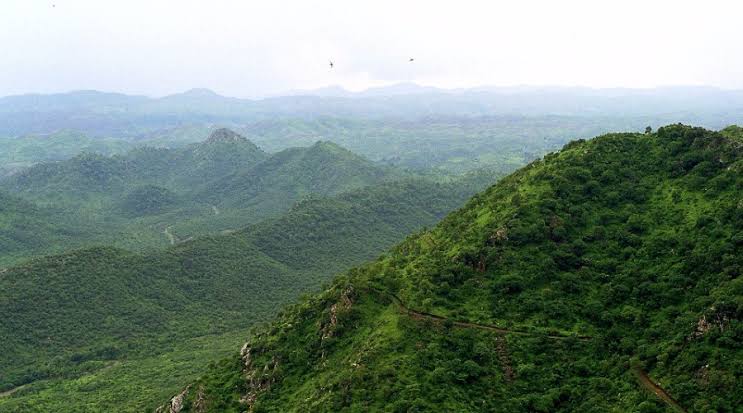
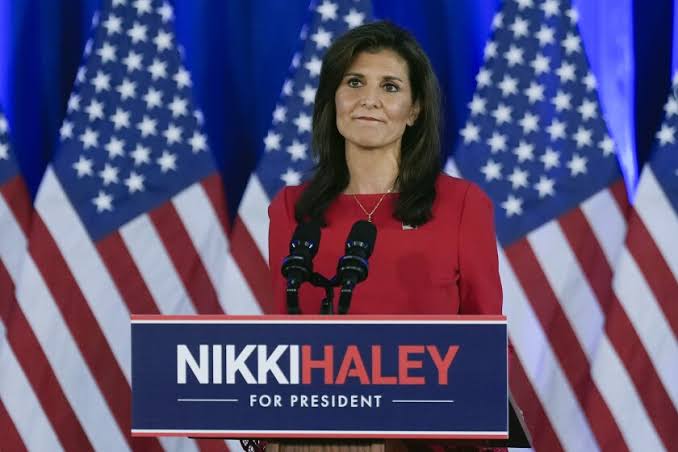
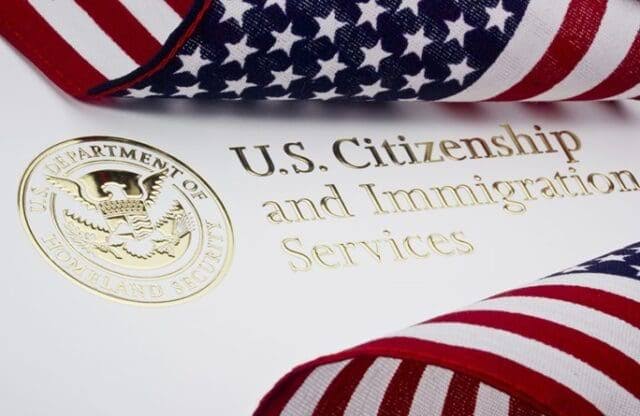
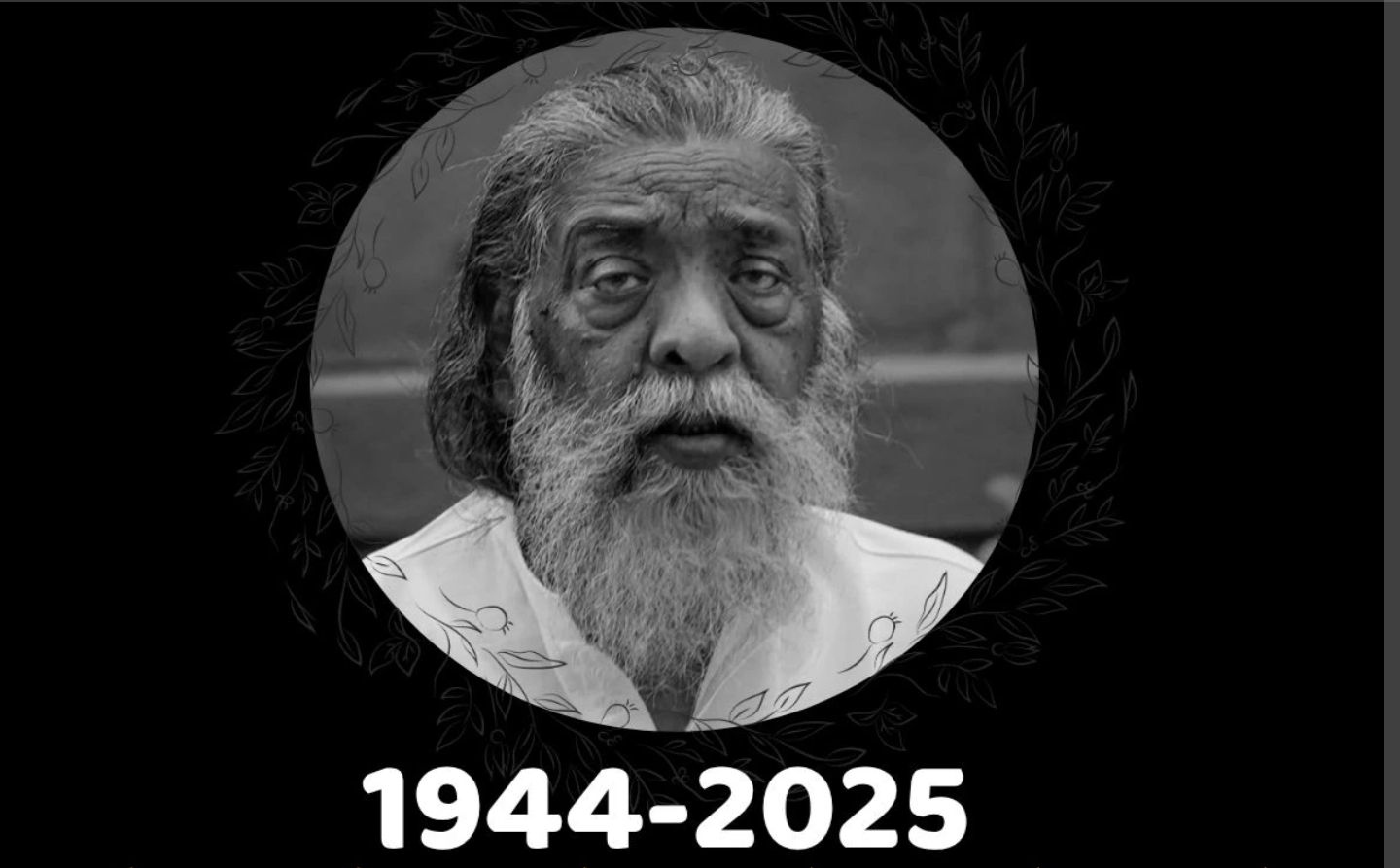
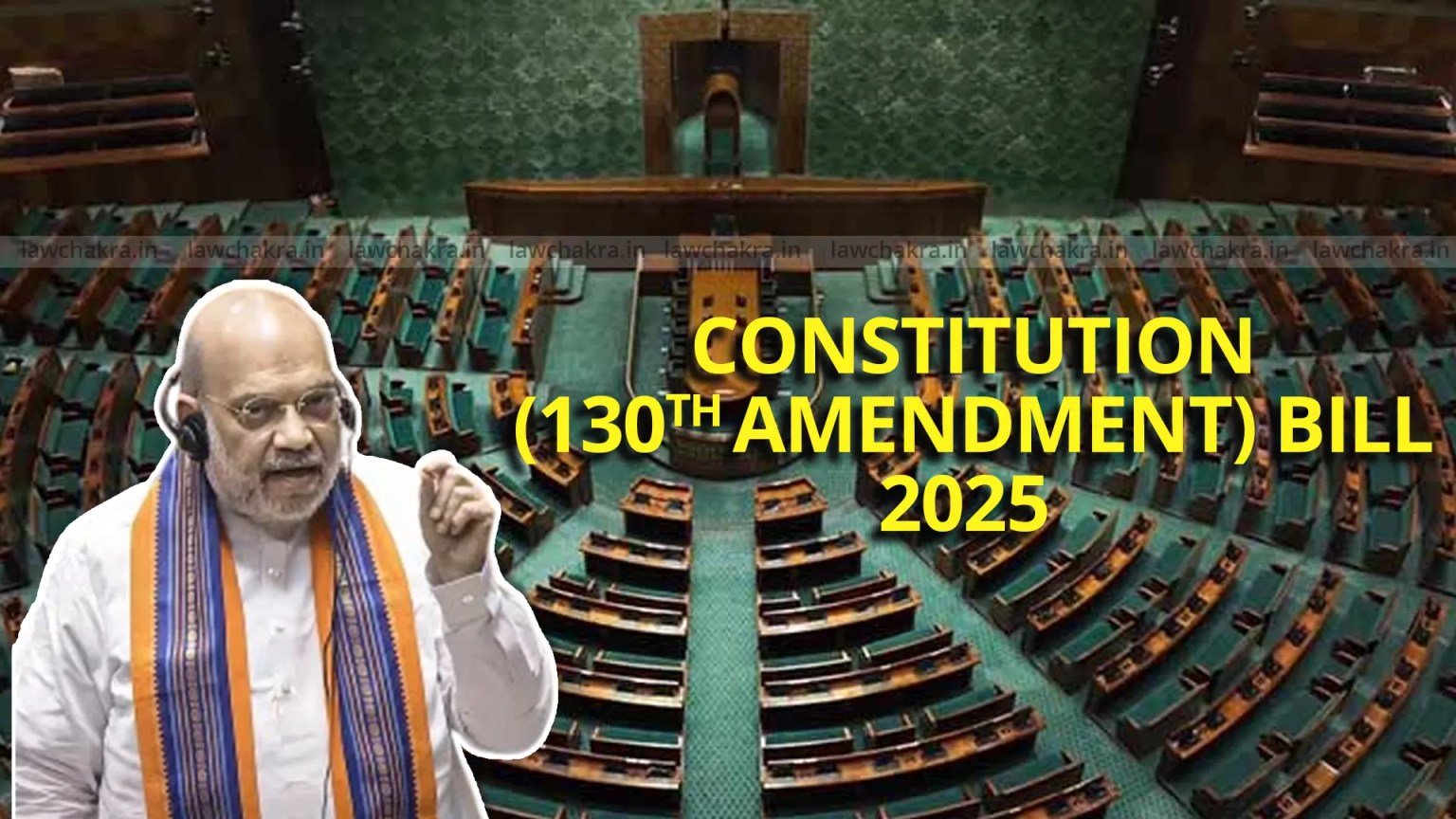
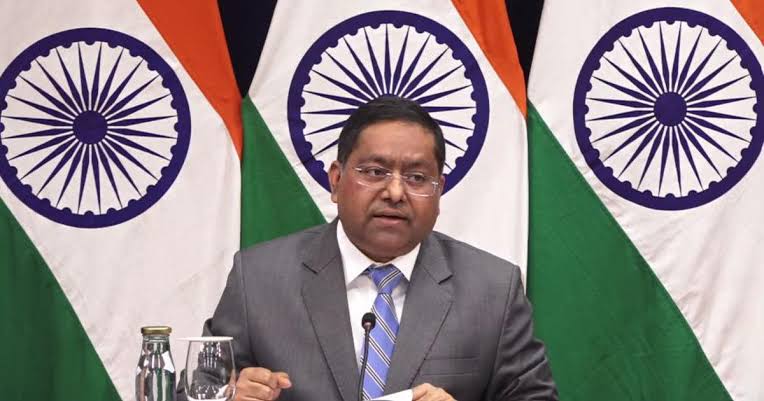

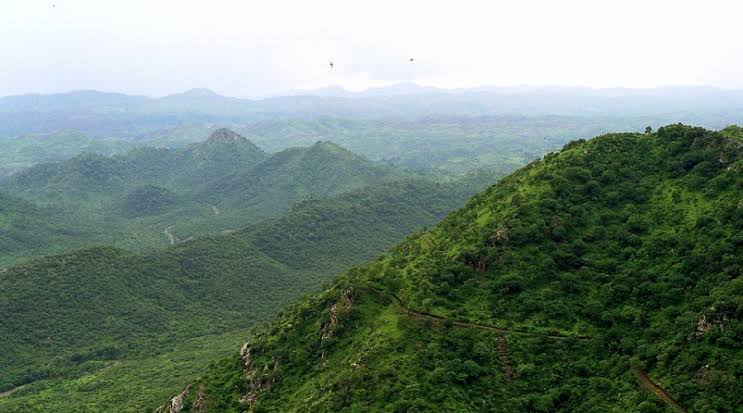
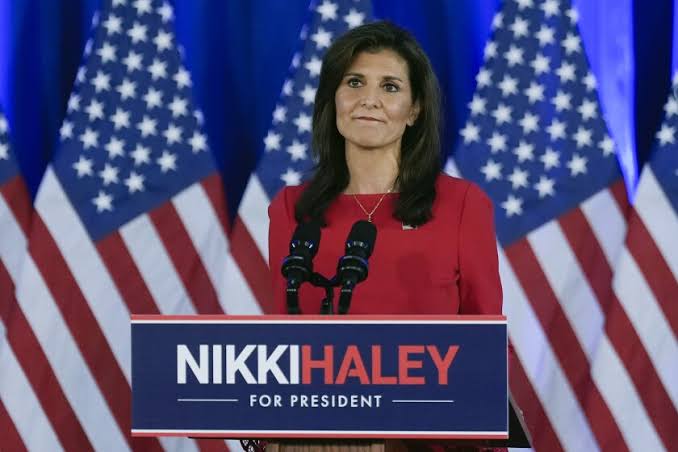
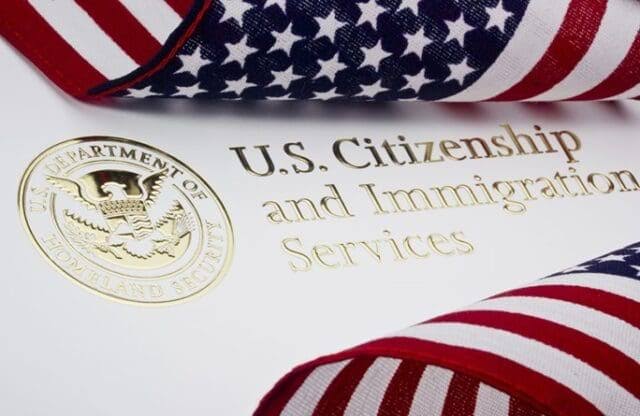

Comments